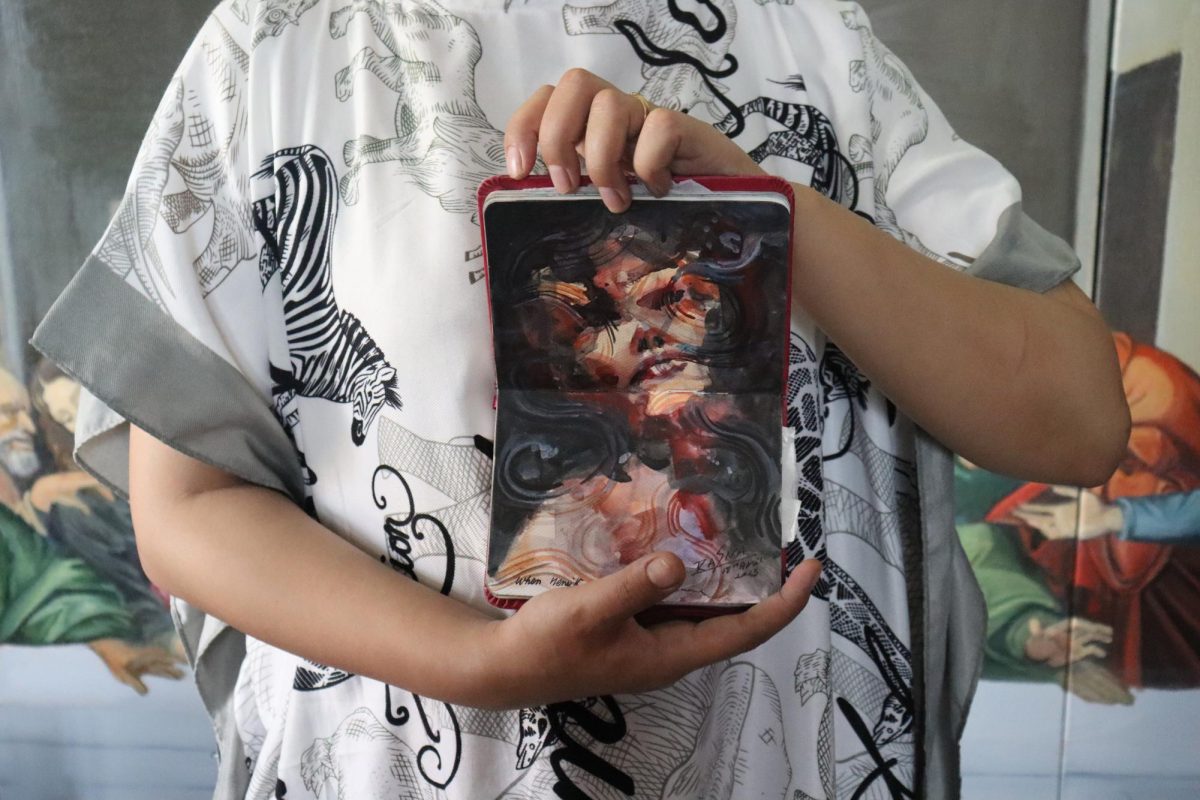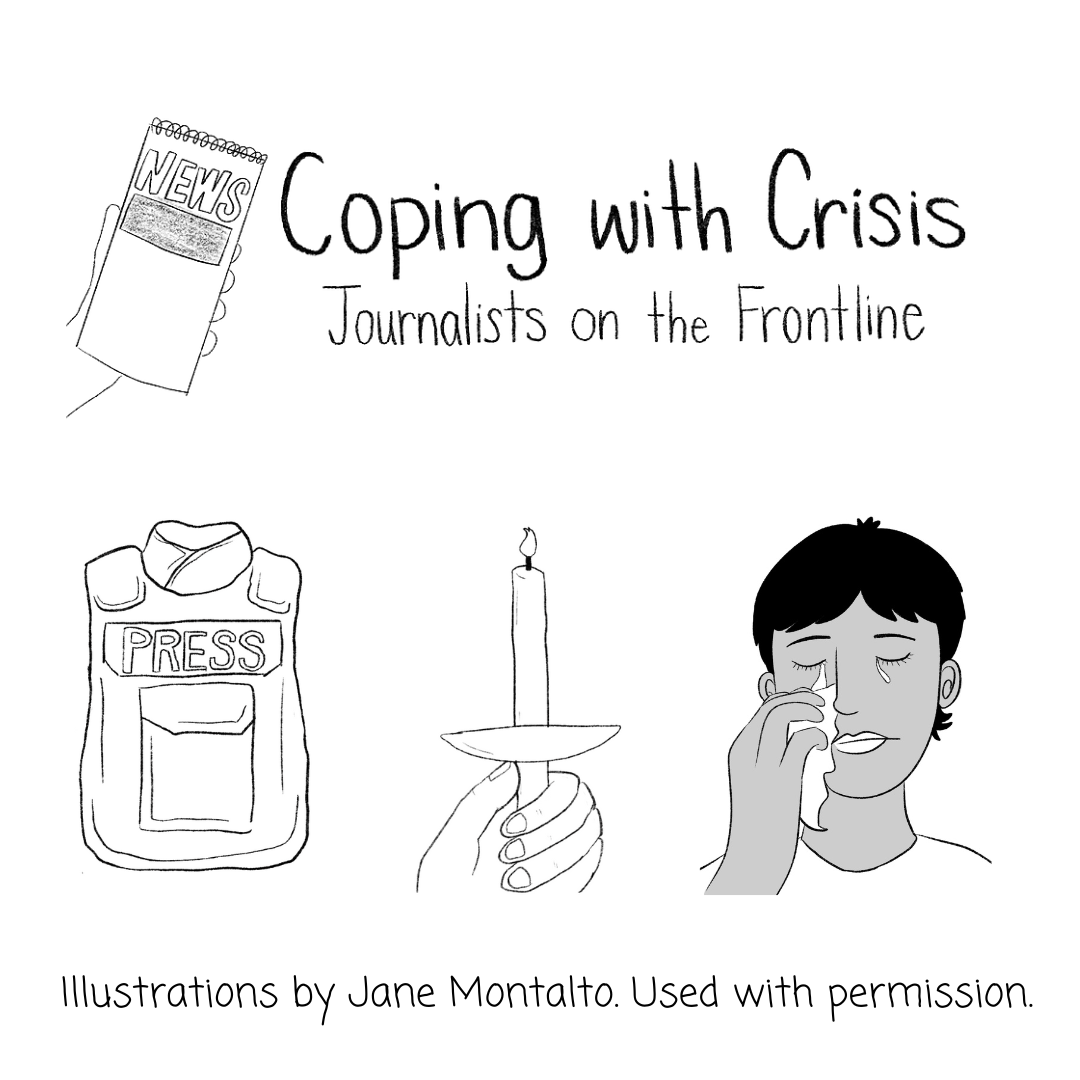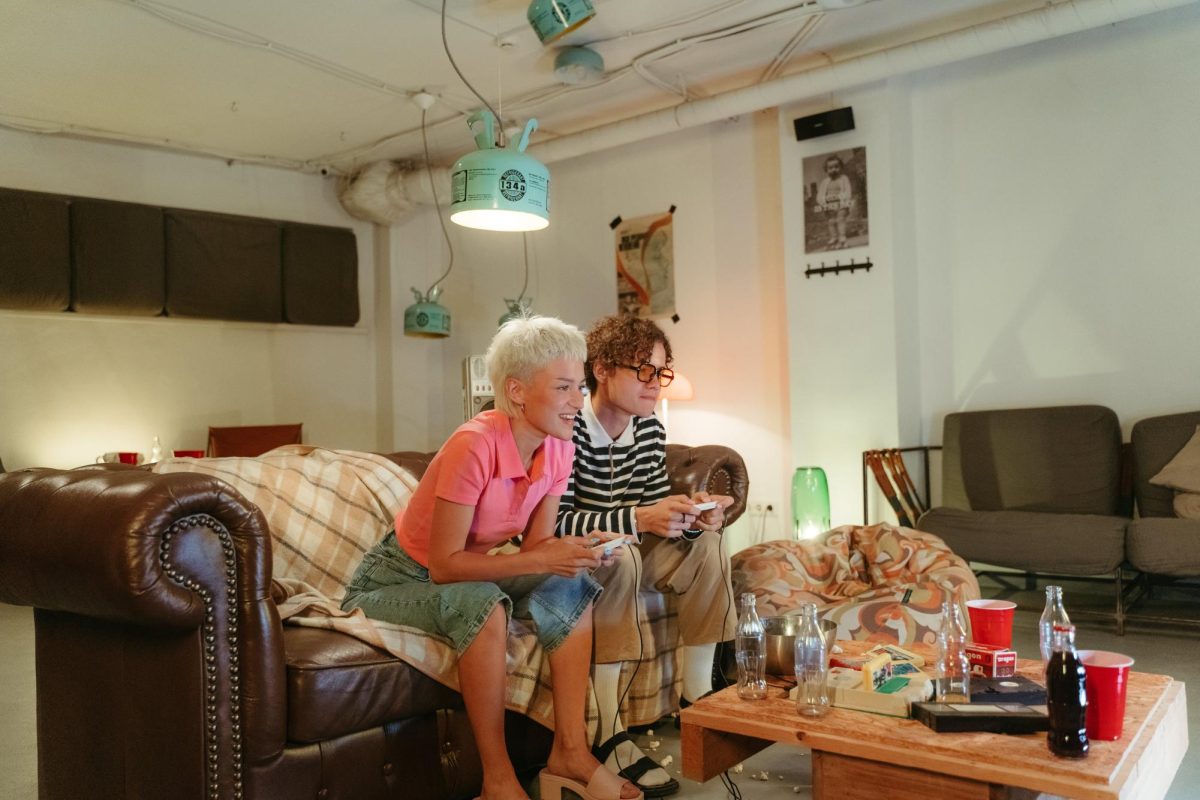LGBT Representation on Self-Perception and Mental Health
Positive media portrayals of LGBT individuals play a strong role in shaping self-perception and mental health, especially in queer youth. Craig et al. (2015) conducted interviews with LGBTQ+ individuals ages 18 to 22, finding that positive portrayals play a role in mediating negative experiences including homophobia and stereotypes. Shows such as Glee, foster connections, conversations, and communities among LGBTQ+ youth through their normalized portrayals of queer characters. Moreover, relatable LGBTQ+ representations bring about a sense of belonging, boosting self-esteem and helping identity affirmation in LGBTQ+ youth. themselves truly represented in media boosts their self-esteem and helps affirm their identity.
Gomillion & Giuliano (2011) found that positive LGBT characters act as role models for LGBT individuals. They conducted a study on gay, lesbian, and bisexual individuals to see how GLB media role models impact identity development in GLB individuals. They found that role models assist them in their self-realization, coming out, and identity formation, by acting as sources of inspiration, pride, and comfort. LGBT role models send the message that being queer is “normal” and that it is “okay to be gay” (Gomillion & Giuliano, 2011). Therefore, LGBT individuals who see themselves represented in media are more likely to develop a positive self-concept, which can in turn benefit their mental health.
Studies have also been done to explore the relationship that LGBT representation has with minority stress experiences in the LGBT community. Dajches & Barbati (2024) studied LGBQ+ young adults and LGBQ+ television showing, finding that there is no significant impact of representation exposure to minority stress and mental health outcomes. However, it can help validate sexual identities and foster resilience. When LGBQ+ individuals see positive media portrayals that reflect their identities, they have an easier time affirming their identities and coping with external stressors. Furthermore, the findings of these studies emphasize the need for more research on the direct link between media representation and mental health, but strongly suggest that positive representation benefits self-perception.
In conclusion, research supports the idea that representation has significantly changed over time and can positively affect self-perception, but gaps in knowledge remain, particularly for transgender identities and the direct link this relationship has toward mental health. Positive self-perception benefits one’s mental health, but it is not understood how effective this is in LGBT youth.















